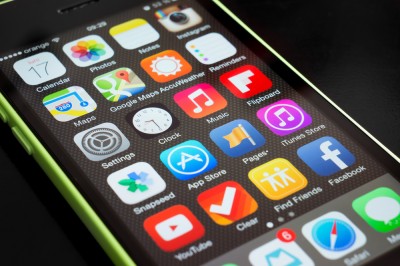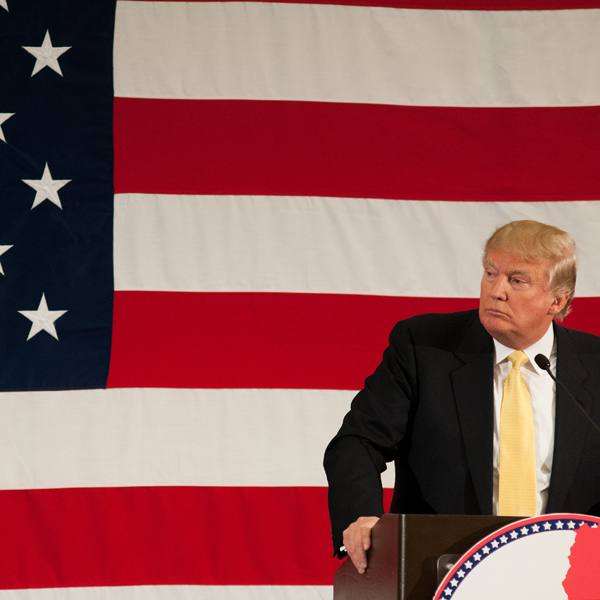Kavanaugh joins with liberals in letting iPhone users sue Apple for alleged monopolistic app prices

Photo by Dedi Grigoroiu/Shutterstock.com.
The U.S. Supreme Court ruled 5-4 Monday that iPhone users may sue Apple Inc. for allegedly monopolizing the app market to charge higher-than-competitive prices to consumers.
President Donald Trump’s two appointees to the Supreme Court, Justices Brett M. Kavanaugh and Neil M. Gorsuch, wrote the majority and dissenting opinions in the case. The two opinions put differing spins on a 1977 precedent involving indirect purchasers of concrete blocks.
Kavanaugh’s majority opinion was joined by Justices Ruth Bader Ginsburg, Stephen G. Breyer, Sonia Sotomayor and Elena Kagan.
Apple’s App Store is the only place where iPhone users can legally buy apps. Apple charges app developers a $99 annual membership fee and keeps a 30% commission on sales; the developer sets app prices, although the price must end in 99 cents.
The iPhone users argued that Apple would be under considerable pressure to lower the 30% commission in a competitive environment. If commissions were lower, app prices also would be lowered, the plaintiffs argued.
Apple had argued that app buyers are not entitled to sue under a 1977 Supreme Court decision, Illinois Brick Co. v. Illinois. That decision allowed antitrust suits by direct purchasers of products but not by some indirect purchasers.
Apple argued that app purchasers are indirect purchasers because the app developers set prices.
“We disagree,” Kavanaugh wrote. “The plaintiffs purchased apps directly from Apple and therefore are direct purchasers under Illinois Brick.”
The state of Illinois had claimed in the 1977 decision that Illinois Brick Co. had engaged in a conspiracy to set the price of concrete blocks. Illinois had purchased construction services from general contractors, who bought concrete blocks from masonry contractors, who bought the concrete blocks from Illinois Brick. The decision barred Illinois’ suit.
The Illinois Brick decision “means that indirect purchasers who are two or more steps removed from the antitrust violator in a distribution chain may not sue,” Kavanaugh said.
“By contrast, direct purchasers—that is, those who are ‘the immediate buyers from the alleged antitrust violators’—may sue.”
Kavanaugh cautioned that the Apple case was at an early stage, and that the court was not assessing the merits of the plaintiffs’ antitrust claims.
Gorsuch dissented, in an opinion joined by Chief Justice John G. Roberts Jr. and Justices Clarence Thomas and Samuel A. Alito Jr.
Gorsuch argued that the majority had recast the holding of Illinois Brick. The actual holding, Gorsuch said, was that “an antitrust plaintiff can’t sue a defendant for overcharging someone else who might (or might not) have passed on all (or some) of the overcharge to him.”
The case is Apple Inc. v. Pepper.
Write a letter to the editor, share a story tip or update, or report an error.


